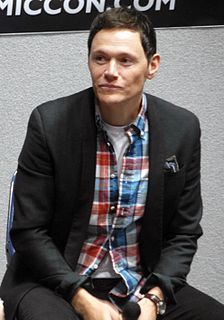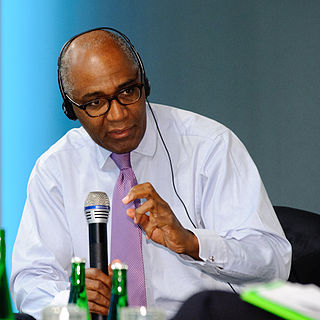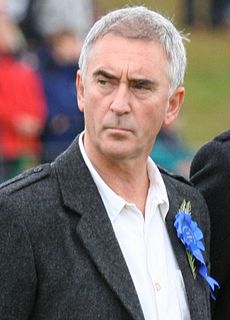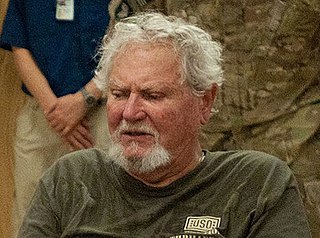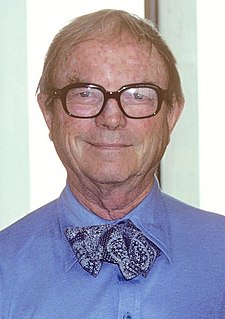A Quote by Robert Gottlieb
With its vastly complicated plot and its immense cast of characters swirling around the case of Jarndyce vs. Jarndyce that has been grinding away in the Court of Chancery for decades, 'Bleak House' is, for many readers, Dickens's greatest novel.
Related Quotes
Jarndyce and Jarndyce drones on. This scarecrow of a suit, has, in course of time, become so complicated that no man alive knows what it means. The parties to it understand it least; but it has been observed that no two Chancery lawyers can talk about it for five minutes, without coming to total disagreement as to all the premises.
Dickens's final book, 'The Mystery of Edwin Drood,' forms the jumping-off point for my new novel, 'The Last Dickens'. This last work by Dickens has very little social commentary and a pretty tightly efficient storyline and cast of characters. Not necessarily what we think of when we think what characterizes Dickens.
Although we might think of Holmes as the Ur-sleuth, the seminal inspiration for many writers comes not from the chronicles of Baker Street but from the intricately plotted novels of Charles Dickens and his colleague Wilkie Collins, who in works like 'Bleak House' and 'The Moonstone' established the modern, character-driven mystery novel.
I plot as I go. Many novelists write an outline that has almost as many pages as their ultimate book. Others knock out a brief synopsis... Do what is comfortable. If you have to plot out every move your characters make, so be it. Just make sure there is a plausible purpose behind their machinations. A good reader can smell a phony plot a block away.
Introduce your main characters and themes in the first third of your novel. If you are writing a plot-driven genre novel make sure all your major themes/plot elements are introduced in the first third, which you can call the introduction. Develop your themes and characters in your second third, the development. Resolve your themes, mysteries and so on in the final third, the resolution.





